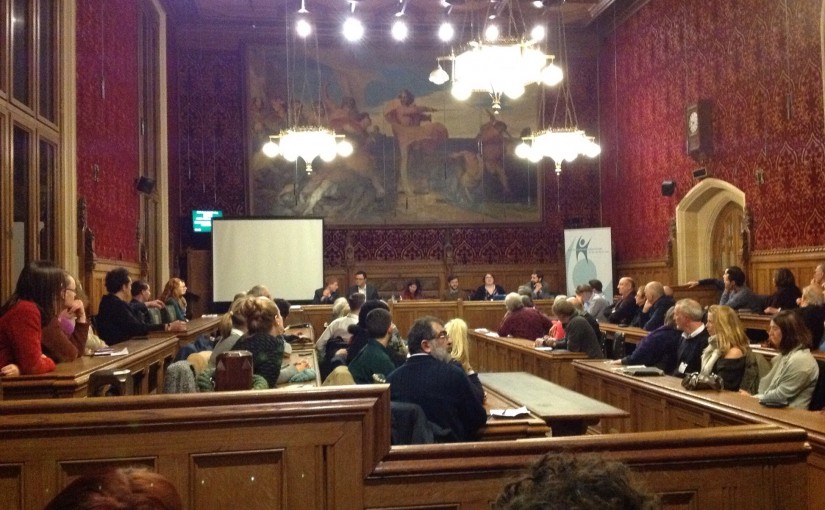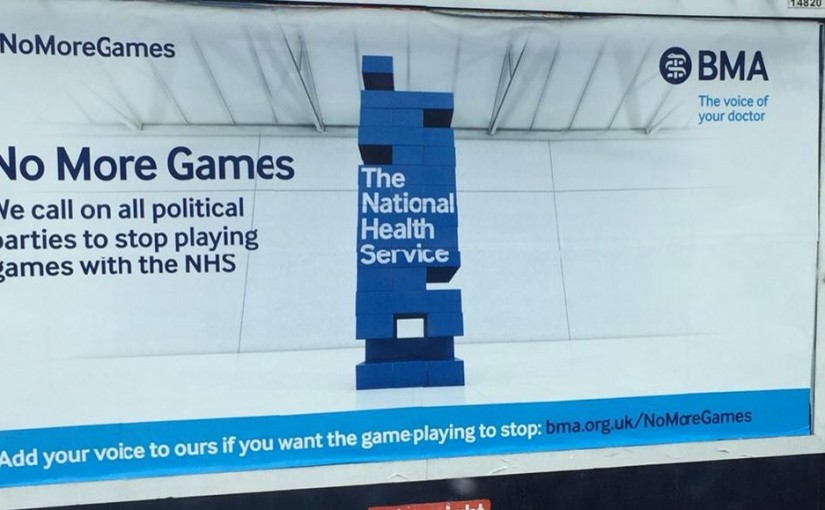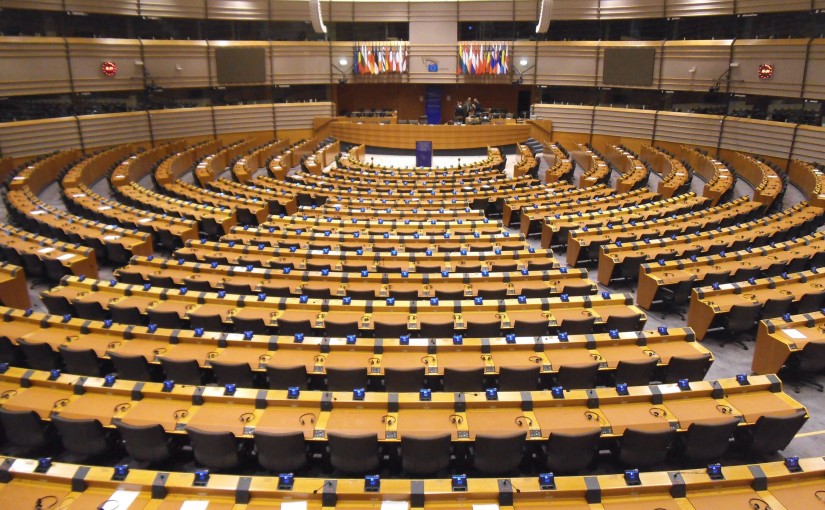In 2007, I helped found the University of Alberta Atheists and Agnostics. That student group that is still running today. A rare accomplishment as many student groups, particularly those for the non-religious, struggle to survive for more than a few years as the students who established the group graduate, move aaway and lose touch.
In the hopes of making sure groups like UAAA are able to continue and be supported, and at a time when the US-based Secular Student Alliance began withdrawing their support to international groups (as they had limited resources), I registered SecularStudents.ca. I spoke with people at SSA and sought to establish a Canadian Secular Student Alliance.
Unfortunately, I’ve never really had the time or focus to build the website into anything and every 12 months I get a reminder to renew the domain. It’s now that time of year again and I need to decide what to do with the domain.
For now, I’m happy to cover the $10 or so it costs to renew the registration and can even host a simple website off the same server this site is on. But I want to see something happen with it.
So if you have the time, interest or even just some good ideas for the site, email me at [email protected].
It could be something as simple as maintaining a list of active non-reliigious student groups in Canada or a new blog or a full resource centre. The site currently has mediawiki but I’m happy to change that to anything else. I just really want to see something happen with it.




